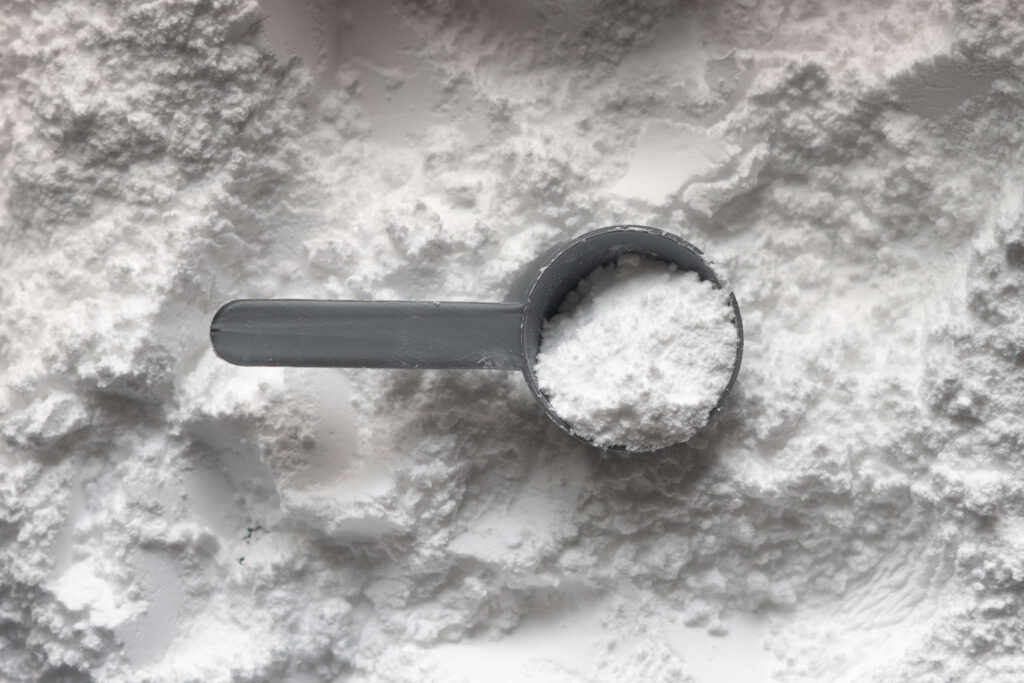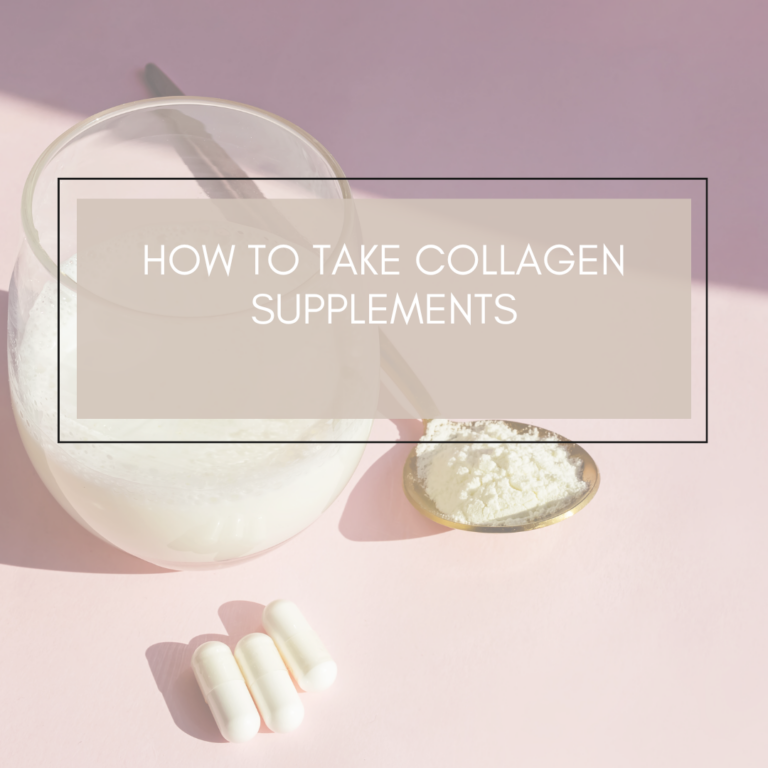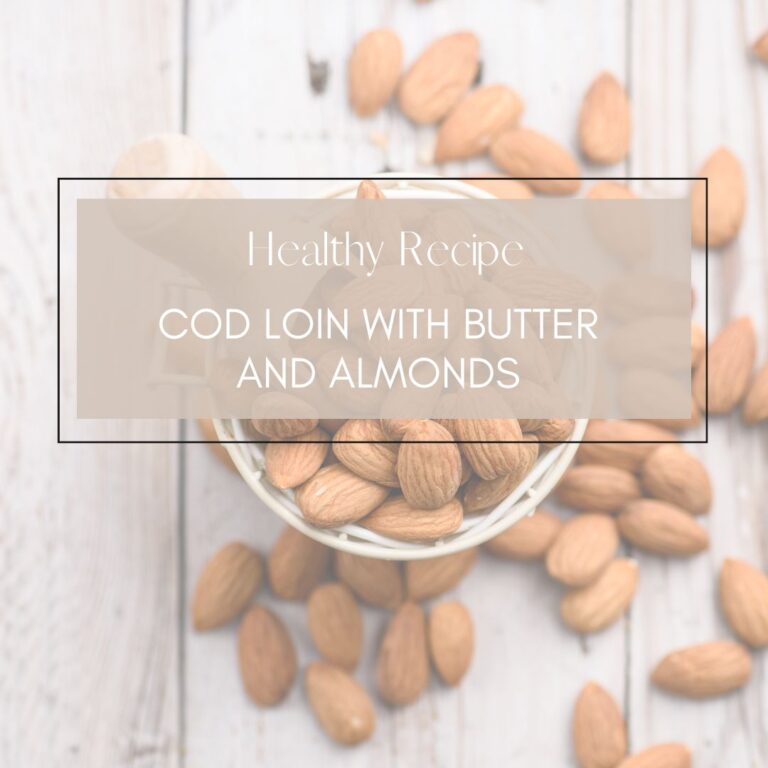Do collagen supplements work?
Many studies show that they do! On this page you’ll find a summary of some of the existing studies that have investigated the effect of collagen supplementation on skin health, appearance and aging, as well as joint and muscle health.
If you want to look at the actual studies, the references with links to the papers are below. If you are interested in more studies, you can either visit the US National Library of Medicine (called PUBMED) and do a search there.
Read more about different forms of collagen supplementation, as well as what to look out for in a supplement, here.
Read more about how to get collagen from you diet here.
Collagen supplementation on skin health
A so-called meta-analysis is a review that summarises the data of different clinical intervention studies. One meta-analsyis looked at the results and reviewed the data of 19 clinical studies examined the effect of collagen supplements on skin health. A total of 1,125 participants between the ages of 20 to 70 years, were included in the analysis. The results showed that collagen supplements reduce wrinkles, improve elasticity and moisture in the skin, compared to placebo. The authors conclude: “Based on results, ingestion of hydrolyzed collagen for 90 days is effective in reducing skin aging, as it reduces wrinkles and improves skin elasticity and hydration.” (Miranda).
One systematic review looked at 10 clinical studies using collagen supplements on skin health. The results of the analysis showed that: “oral administration of intact or hydrolysed collagen improves clinical manifestation of skin health. Almost all of the included studies reported the beneficial effects of collagen supplementation, and no inconsistencies have been seen in this regard between studies”. (Barati)
43 women between the ages 45-59 years were divided into two groups in one double-blind, placebo-controlled trial. One group received 500mg of hydrolysed fish cartilage (marine collagen), and one group received placebo, for 90 days. This relatively low dose of collagen supplementation resultated in a significant reduction in wrinkles and improved collagen structure in the treatment group, compared to the placebo group. (Campos)
In one study, a group of women between the ages 45 and 60 years, received 10 grams of hydrolysed collagen extracted from fish (marine collagen), for 12 weeks. The effect on their skin was compared to a placebo group. Those who received collagen supplements had reduced incidence of wrinkles (by 35% in wrinkle score compared to the start of the study and 24% compared to placebo) and increased elasticity and moisture of the skin. Summary from the article abstract: “At week 12, participants in the treatment group reported greater percentage improvements in overall skin score (9%) and wrinkle (15%), elasticity (23%), hydration (14%), radiance (22%), and firmness (25%) scores vs placebo. Conclusion: Supplementation with VWC was found to be safe and well-tolerated. The results of this study support the use of fish-derived hydrolyzed collagen for the improvement of skin health in an aging population.” (Evans)

One double-blind, placebo-controlled study investigating the anti-aging properties of collagen conducted found that collagen supplementation improved skin elasticity significantly. A group of 69 women, aged 35–55 received were divided in two groups of 23 women in each group. One group received 2,5-5 grams of hydrolyzed collagen and one group received placebo, once daily for eight weeks in this study. A slight improvement in skin moisture, transepidermal water loss (dryness) and skin roughness was observed. Among elderly women, significantly higher skin elasticity, was observed, after a four week follow-up treatment. (Proksch)
One double-blind, placebo-controlled trial with 128 females, aged 39-59, investigated the use of a collagen supplement on skin health. In the study, the participants were divided into two groups, one received a supplement of 500 mg collagen derived from chicken sternal cartilage, twice daily for 12 weeks. The supplement was so called Biocell Collagen which is a naturally occurring matrix of collagen type 2, including less than 50 mg of hyaluronic acid. The other group received placebo. The result showed that the supplement group had significantly reduced facial lines, “crow’s feet” and wrinkles, increased skin elasticity, cutaneous collagen content (collagen in the skin), improved indicators associated with a more youthful skin appearance and decreased skin dryness and erythema (redness). The supplement was well tolerated, with no adverse reactions reported. The authors conclude that this supplement “supports the accumulation of types 1 and 3 collagen in the skin to promote increased elasticity and reduced skin wrinkling”. (Schwartz)

Another double-blind, placebo-controlled trial with 120 participants found that supplementing with hydrolysed marine collagen including vitamins and minerals, for 90 days, improved parameters of skin appearance and reduced the signs of aging on the skin. Skin biopsies showed that skin elasticity improved by as much as 40% and collagen fiber organisation improved. The participants own perception of their skin was consistent with the measured outcomes, they found that their skin was more elastic and hydrated. The participants also reported a 43% reduction in joint pain and a 39% improvement in joint mobility. (Czajka)
Supplementation with a collagen drink, containing 5 grams of hydrolysed collagen from fish, in combination with hyaluronic acid, vitamins (vitamin B6, biotin, vitamin C and E) and minerals (copper and zink) for 12 weeks led to a significant increase in skin collagen density and skin firmness, according to an open-label study. After 60 days there was notable reduction in skin dryness (39% of the participants), wrinkles (in 15% of the participants) and nasolabial fold depth. 32% had an improvement in the level of photoaging (caused by UV-radiation). (Borumand)
Do collagen supplements work for joint health?
One systemic review looked at collagen supplementation in combination with exercise, and found that collagen supplementation may be beneficial for the management of degenerative bone and joint disorders. This is likely due to stimulatory effects of collagen and exercise on the extracellular matrix of connective tissues, improving structure and load-bearing capabilities. Fifteen randomised controlled trials were reviewed. The results of the review indicated that collagen supplementation is most beneficial in improving joint functionality and reducing joint pain. Certain improvements in body composition, strength and muscle recovery were present. Collagen synthesis rates were elevated with 15 grams per day of collagen. (Khatri)
Do collagen supplements work for muscle strength?
In fact, studies show that supplementation of collagen stimulates collagen formation and increases muscle strength. A double-blind randomized study shows that vitamin C-enriched gelatin and hydrolyzed collagen supplements increase collagen formation when taken one hour before a workout. Ten physically active men participated in the study. They were divided into groups, one received a placebo and three different groups received 15 grams of vitamin C-enriched gelatin, hydrolyzed collagen or a combination of the two. The supplements were given one hour before jumping rope for 6 minutes. Participants were allowed to submit blood samples just before receiving the supplements and four hours after jumping rope. The results showed that the levels of procollagen, a precursor of collagen, increased in participants who received vitamin C-enriched gelatin and hydrolyzed collagen but not placebo.
In another study, 77 women received 15 grams of collagen peptides (a peptide is a chain of amino acids), or placebo, daily for 12 weeks. During the 12 weeks, they were also allowed to train three days a week. The women who received collagen peptides significantly increased their fat-free body mass. They also lost a little more weight, and were stronger, than those who received placebo. (Lis, Jendricke)

References: Do collagen supplements work?
• Alcock R.D., Shaw G.C., Burke L.M. Bone Broth Unlikely to Provide Reliable Concentrations of Collagen Precursors Compared With Supplemental Sources of Collagen Used in Collagen Research. Int J Sport Nutr Exerc Metab. 2019:1;29
•Barati M., Jabbari M., Navekar R., Farahmand F., et.al. Collagen supplementation for skin health: A mechanistic systematic review. 2020:19;11
•Berardo Goncalves Maia Campos P.M., Scarpino Barboza Franco R., Kakuda L., Cadioli G.F., Oral Supplementation with Hydrolyzed Fish Cartilage Improves the Morphological and Structural Characteristics of the Skin: A Double-Blind, Placebo-Controlled Clinical Study. Molecules. 2021:12;26
•Borumand M., Sibilla S. Daily consumption of the collagen supplement Pure Gold Collagen® reduces visible signs of aging. Clin Interv Aging. 2014:9
•Czajka A., Kania E.M., Genovese L., Corbo A., et.al. Daily oral supplementation with collagen peptides combined with vitamins and other bioactive compounds improves skin elasticity and has a beneficial effect on joint and general wellbeing. Nutr Res. 2018:57;97
•Evans M., Lewis E.D., Zakaria N., Pelipyagina T., Guthrie N. A randomized, triple-blind, placebo-controlled, parallel study to evaluate the efficacy of a freshwater marine collagen on skin wrinkles and elasticity. J Cosmet Dermatol. 2021:20;3
•Espinoza J.L., Trung L.Q., Inaoka P.T., et.al. The Repeated Administration of Resveratrol Has Measurable Effects on Circulating T-Cell Subsets in Humans. Oxid Med Cell Longev. 2017.
•Gauza-Wlodarczyk M., Kuisz L., Wlodarczyk D. Amino acid composition in determination of collagen origin and assessment of physical factors effects. Int J Biol Macromol. 2017:104
• Jendricke P., Centner C., Zdzieblik D., et.al. Specific Collagen Peptides in Combination with Resistance Training Improve Body Composition and Regional Muscle Strength in Premenopausal Women: A Randomized Controlled Trial. Nutrients. 2019:11;4
• Khatri M., Naughton R.J., Clifford T., Harper L.D., Corr L. The effects of collagen peptide supplementation on body composition, collagen synthesis, and recovery from joint injury and exercise: a systematic review. Amino Acids. 2021:53;10
•Li P., Wu G. Roles of dietary glycine, proline, and hydroxyproline in collagen synthesis and animal growth. Amino Acids. 2018:50;1
• Lis D.M., Baar K. Effects of Different Vitamin C-Enriched Collagen Derivatives on Collagen Synthesis. Int J Sport Nutr Exerc Metab. 2019:1;29
• De Miranda R.B., Weimer P., Rossi R.C. Effects of hydrolyzed collagen supplementation on skin aging: a systematic review and meta-analysis. Int J Dermatol. 2021:60;12
• Proksch E., Segger D, Degwert J, Schunck M, et.al. Oral supplementation of specific collagen peptides has beneficial effects on human skin physiology: a double-blind, placebo-controlled study. Skin Pharmacol Physiol. 2014:27;1
• Sant’anna Addor F.A. Antioxidants in dermatology. An Bras Dermatol. 2017:92;3
• Schwartz S.R., Hammon K.A., Gafner A., Dahl A., et.al. Novel Hydrolyzed Chicken Sternal Cartilage Extract Improves Facial Epidermis and Connective Tissue in Healthy Adult Females: A Randomized, Double-Blind, Placebo-Controlled Trial. Altern Ther Health Med. 2019:25;5
•Wiraguna A.A.G.P., Dianasari R., Pangkahila W. The Topical Skin Application of Purple Corn Extract (Zea Mays) Inhibited the Increase in MMP-1 Levels and Decreased Collagen in Wistar Rats (Rattus Norvegicus) Exposed to UV-B Rays. Biomed Pharmacol J. 2019:12;1







